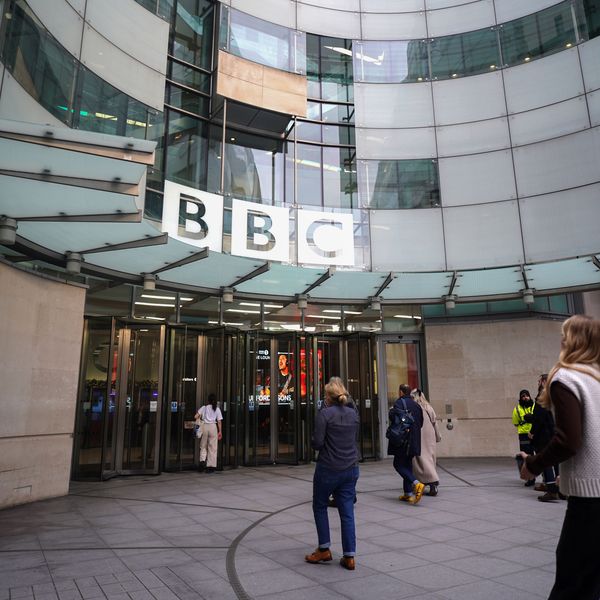Former British Prime Minister Tony Blair has hinted that he would refuse to accept the verdict of the highly anticipated Chilcot Inquiry into the 2003 invasion of Iraq if it concludes that he privately signed the country up for war while publicly claiming a final decision had not yet been made.
In an interview on the BBC's Andrew Marr Show on Sunday, Blair rejected the idea that the growth of the so-called Islamic State (ISIS) was fueled by the Iraq War, stating, "I understand all the issues and we'll debate them when we get to Chilcot, but this idea that all of this comes from the decision to remove Saddam [Hussein], you've got to go back into this and look at the roots of it."
Marr then asked, "The big problem that people still think is that you planned and thought you were going to war, but didn't tell us.... Will you accept Chilcot's verdict on this as a fair assessment after all this time, all this evidence?"
Blair replied, "It's hard to say that when I haven't seen it.... But I think when you go back and you look at what was said, I don't think anyone can seriously dispute that I was making it very clear what my position was. And by the way, the thing that will be important when it does happen, is that we have then a full debate, and I look forward to participating in that."
However, Blair's claim that he hasn't seen the report may not be entirely true. As the Guardian points out:
Blair may not have seen the full report, but it is understood that he has seen the key passages criticising his conduct, as part of the Maxwellisation process that allows people facing criticism from a report like this to see and respond to its draft conclusions.
The Sunday Times recently quoted an unnamed source with knowledge of the report saying that Blair "won't be let off the hook" over claims that he told Bush he would support an invasion of Iraq in 2002, a full year before the decision was publicly confirmed.
The Chilcot Inquiry--so named for its lead investigator Sir John Chilcot--is set to be published in June or July 2016 after officials pushed back its release for six years. It is expected to contain "damning critique of military commanders, Tony Blair, former ministers, intelligence officers and top officials," although the Stop the War Coalition warned last October that the report's continued delays "will mean more spin and obfuscation...it is shaping up to be a whitewash."
Families of British soldiers who died in the war have argued that the publication was stalled by the Maxwellisation procedure and that the logjam was keeping grieving relatives of slain veterans from getting "closure."
Blair recently admitted that he underestimated the "forces of destabilization" in the Middle East when he signed Britain on to the U.S. invasion of Iraq--shortly before calling for a new ground war in the region to fight ISIS.


